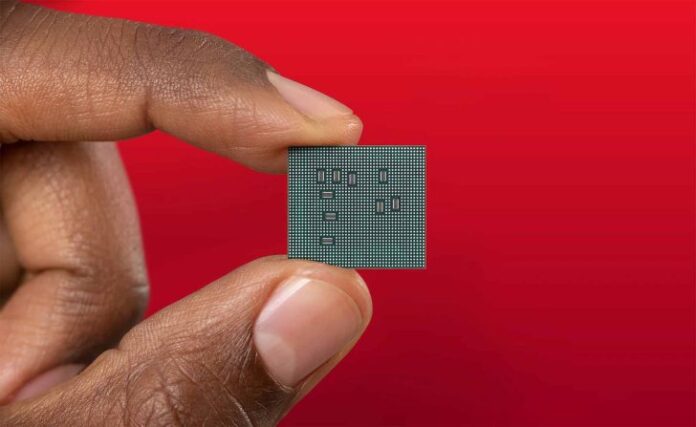
Several Xiaomi handsets, both flagships and mid-rangers, will be launching with Qualcomm’s upcoming Snapdragon 8 Gen 3, so it will be a common sight seeing several devices spotted on benchmarking databases with the scores publicly available. However, what is not common is seeing an upcoming premium chipset obtain terrible single-core and multi-core scores, but it is also important to remember that these versions are probably engineering samples and subject to additional tweaking.
Older Geekbench 5 version was used to test out the Snapdragon 8 Gen 3; post-launch scores of the Redmi K70 could be significantly better
Coming to the scores first, the Snapdragon 8 Gen 3 obtained a measly 1,100 in single-core and 5,150 in multi-core. Comparing these results to the Snapdragon 8 Gen 2, the latter demolishes the Snapdragon 8 Gen 3 in single-core results, although it lags slightly behind in multi-core. It should also be noted that Geekbench 5 is now a dated version of the benchmark, and as more chipsets launch in the future, they will be optimized for Geekbench 6, making the previous iteration of the software less reliable.
For now, we can still gauge how capable the Snapdragon 8 Gen 3 can be, and these scores are not parallel to what we have reported about before, particularly the multi-core result, where one rumor mentioned that the same SoC achieved 7,400 points in Geekbench 6. By looking at these results, it is almost certain that the Redmi K70 is an engineering sample running Android 14, so several tweaks are necessary before the smartphone’s scores improve.

Aside from that, the CPU cluster information appears to be accurate, with one Cortex-X4 core running at 3.19GHz and seven other low-power ones making up the chipset’s entire configuration. The last time the Snapdragon 8 Gen 3 was tested out, it was in the Galaxy S24 Plus, and it obtained better results than what you are looking at right now. Qualcomm’s keynote is said to be held on October 24, so we will have all the silicon’s details ready for you next month.
WccftechContinue reading/original-link]





